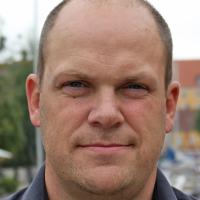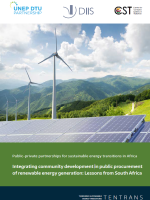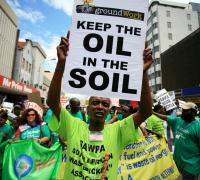Integrating community development in public procurement of renewable energy generation
Renewable energy is key to combatting climate change, but it is critical to ensure a just energy transition that benefits all.
Denmark’s development cooperation supports the growth of large-scale renewable energy schemes in several countries, but what is good for recipient governments and Danish exports is not automatically good for the poor. In recent years large-scale wind- and solar schemes in developing countries have increasingly met with local resistance from communities who do not feel they benefit from such projects. How can Denmark help ensure that renewable energy projects contribute to community development in the areas where projects are situated?
This policy brief provides lessons learnt and associated recommendations from one particular attempt to address this issue, namely South Africa’s efforts to incorporate community development as a criteria in the auction schemes through which renewable energy is procured. This policy is implemented through the nationwide REIPPP programme, which is among the few of its kind globally.
While South Africa’s REIPPPP is not perfect and still developing, the programme does exemplify the basic principle that governments can build requirements for privately owned wind- and solar projects into procurement schemes. Requirements to finance community development, support Community Trusts, and allocate shares to communities are thus examples of approaches that could be developed and adapted elsewhere. In addition, the South African programme includes scoring and - performance criteria in the tendering and monitoring process that align with South Africa’s Black Economic Empowerment policy.
The South African experience also, however, illustrates how public, private and community interests may differ in terms of what community development is and how it should be supported. This highlights the importance of developing democratic and inclusive structures for debating and decision-making on the use and allocation of benefits from large-scale renewable energy projects.
Drawing on the lessons from South Africa and other similar schemes, the policy brief recommends that Danish development cooperation should:
- Support the incorporation of community benefits in regulatory frameworks for public procurement of private renewable energy generation
- Support development of practice frameworks for community engagement in the renewable energy sector
- Support community co-ownership of renewable energy generation and democratic governance of benefit sharing arrangements
The policy brief is the result of collaborative research between DIIS, Stellenbosch University and the UNEP DTU Partnership. It forms part of the wider TENTRANS project, funded by the Ministry of Foreign Affairs of Denmark and administered by Danida Fellowship Centre.
Further publications and information on the TENTRANS project can be found here.
DIIS Experts



